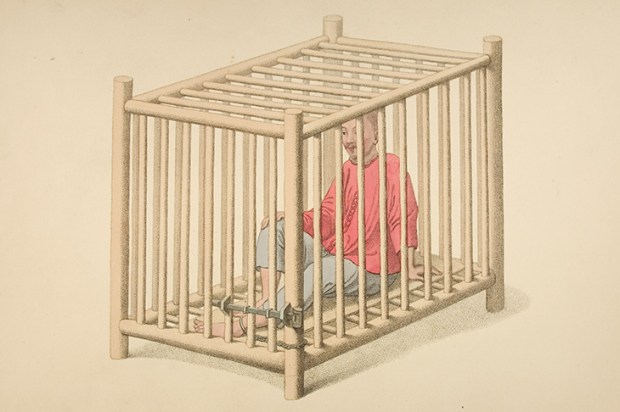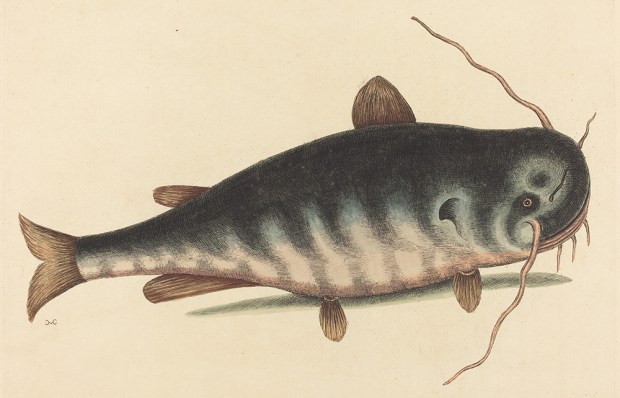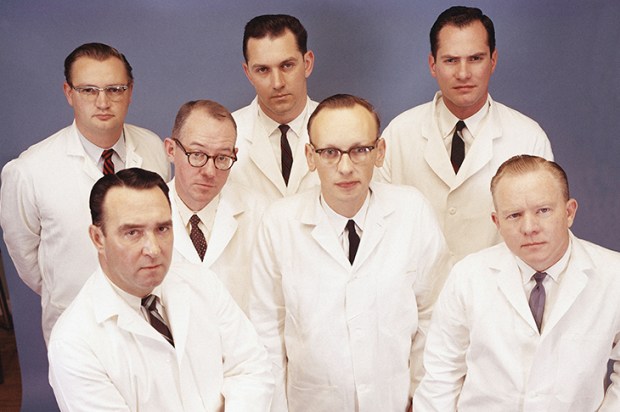The word ‘manifestation’ has been part of the English language since the 1400s. It comes from the verb ‘to manifest’ meaning ‘to show something, to make something visible’; (somewhere in the background as the source of this is an Anglo-Norman French word meaning ‘to make something publicly known’.)
But this very old word has now been given a rather different twist. ‘Manifestation’ is now being used to mean ‘getting something just by expecting to get it’. The biggest promoter of this was Australian author Rhonda Byrne whose book The Secret sold 30 million copies. Mind you, she didn’t invent these ideas which go back (at least) to a 19th century American ‘power of the mind’ bloke named Phineas Quimby. Also in the mix somewhere is probably a book called Think and Grow Rich by Napoleon Hill (1937).
But it was Rhonda Byrne who took this to extremes, writing such things as, ‘Food cannot cause you to put on weight, unless you think it can’. She might be right I suppose, but I have my doubts that sitting and ‘thinking thin’ while scoffing hamburgers and donuts will actually work.
This idea that just believing you will get something means it will drop into your lap is now called ‘manifestation’. Some might think this is remarkably close to ancient paganism – in which you propitiate the universe, and then the universe gives you what you want. British journalist Richard Godwin says there are online courses available in ‘manifestation’ that will only cost you $10,000. (I suspect someone will get manifestly rich out of that little scheme.)
But Godwin also quotes Barbara Ehrenreich (author of Smile or Die, 2010) as saying: ‘Why not reach out to others in love and solidarity…? Why spend so much time working on oneself when there is so much real work to be done?’ Well, perhaps that’s a slightly better philosophy than ‘manifestation.’
Got something to add? Join the discussion and comment below.
Contact Kel at ozwords.com.au
You might disagree with half of it, but you’ll enjoy reading all of it. Try your first month for free, then just $2 a week for the remainder of your first year.













